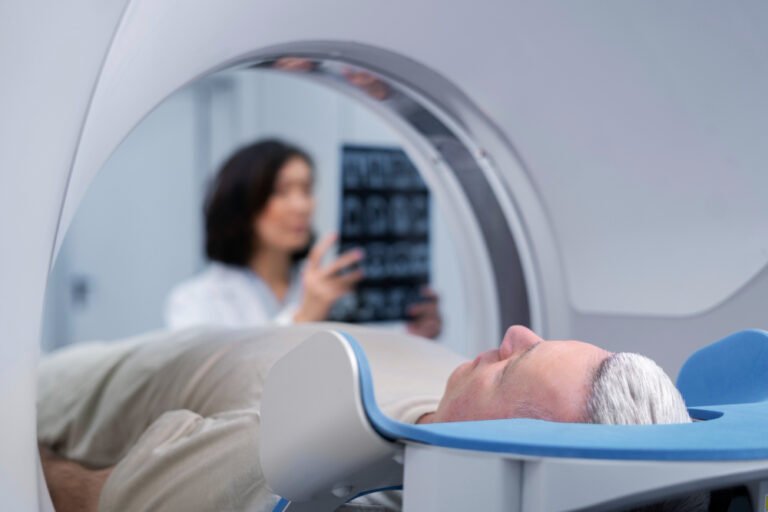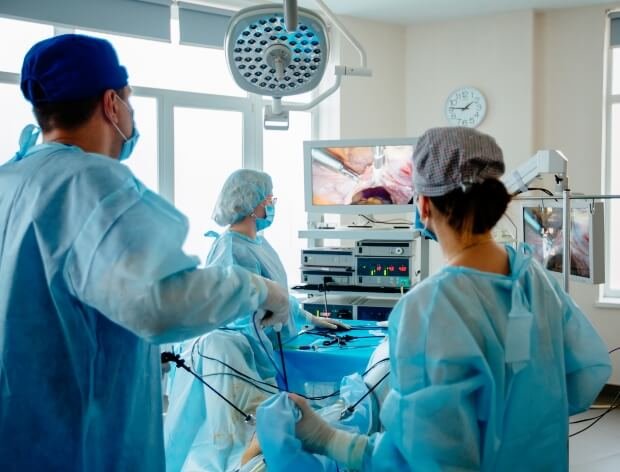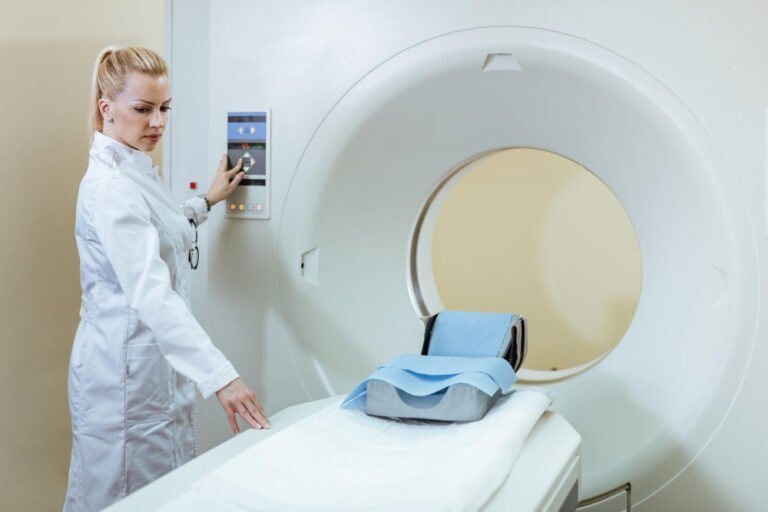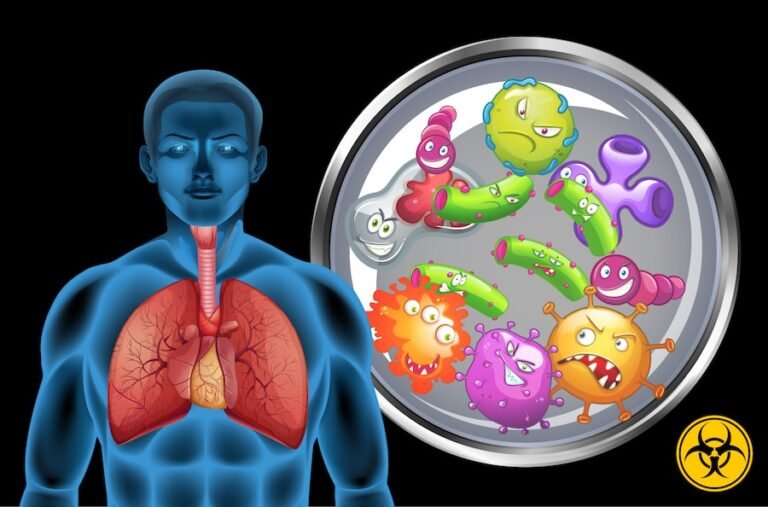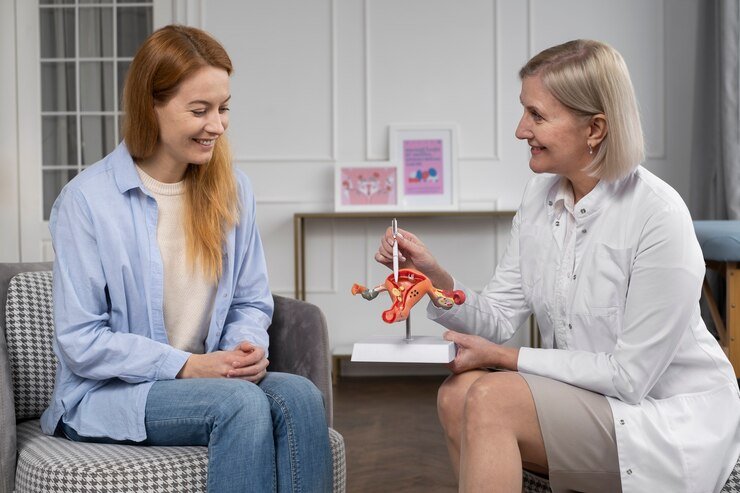The Role of Cancer Screening and Vaccination in Preventive Healthcare.
Cancer screening and vaccination are powerful tools in the fight against cancer, offering opportunities for early detection and prevention. In this article, we will explore the importance of cancer screening and vaccination, discuss common screening tests and vaccines, and highlight their impact on reducing cancer-related morbidity and mortality.
To Know More About It Please Click Here
Understanding Cancer Screening
Cancer screening involves testing individuals who are asymptomatic (showing no signs of disease) to detect cancer at an early stage when treatment is most effective. Screening tests can identify abnormalities or precancerous changes before they develop into full-blown cancers. The goals of cancer screening include:
- Early Detection: Detecting cancer at an early stage when treatment is more likely to be successful.
- Prevention: Identifying precancerous conditions and intervening to prevent cancer development.
- Improved Outcomes: Reducing cancer-related deaths and improving survival rates.
Common Cancer Screening Tests
- Mammography: Recommended for women to detect breast cancer early. Regular mammograms can detect breast tumors before they are palpable.
- Pap Smear (Pap Test): Screens for cervical cancer by collecting cells from the cervix to detect abnormalities or precancerous changes.
- Colonoscopy: Examines the colon and rectum for polyps or abnormal growths that can be removed to prevent colorectal cancer.
- Prostate-Specific Antigen (PSA) Test: Measures PSA levels in men’s blood to screen for prostate cancer, although controversial due to false positives.
- Skin Examinations: Routine skin checks by dermatologists or self-examinations can detect skin cancers like melanoma.
The Importance of Vaccination in Cancer Prevention
Vaccination plays a critical role in preventing certain types of cancer by targeting cancer-causing viruses. Vaccines are designed to stimulate the immune system to recognize and destroy viruses that can lead to cancer. Common cancer-preventive vaccines include:
- HPV Vaccine: Protects against human papillomavirus (HPV) infection, which can cause cervical, anal, oropharyngeal, and other cancers. Recommended for adolescents and young adults.
- Hepatitis B Vaccine: Reduces the risk of liver cancer by preventing hepatitis B virus (HBV) infection, which is linked to liver cancer development.
Benefits of Cancer Screening and Vaccination
- Early Detection: Screening tests can detect cancer at early, more treatable stages, improving prognosis and survival rates.
- Prevention of Cancer: Vaccines can prevent infections known to cause specific cancers, reducing the overall cancer burden.
- Reduced Mortality: Screening and vaccination efforts contribute to reducing cancer-related deaths by identifying cancers early or preventing their occurrence altogether.
- Cost-Effective: Early detection through screening and prevention through vaccination can lead to cost savings by reducing the need for extensive cancer treatments.
To Know More About It Please Click Here
Conclusion
Cancer screening and vaccination are essential components of preventive healthcare strategies aimed at reducing the incidence and impact of cancer on individuals and society. By advocating for regular cancer screening based on age and risk factors, and ensuring vaccination against cancer-causing viruses, healthcare providers and policymakers can make significant strides in cancer prevention and control. It is crucial for individuals to engage in discussions with healthcare providers about personalized screening and vaccination recommendations based on their medical history and individual risk factors. Together, we can work towards a future where fewer lives are affected by preventable cancers through proactive screening and vaccination efforts.


